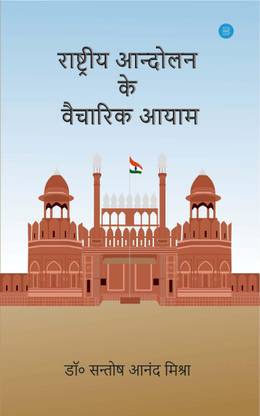Rabindranath Tagore (born 7 May 1861- died 7 August 1941)
Rabindranath Tagore's name is recorded in indelible letters in Indian literature, art, culture and nation building. He was not only a poet, but a visionary who made revolutionary contributions in the field of literature, music, education and philosophy. Tagore was born on 7 May 1861 in the famous Thakur family of Kolkata. His father Devendranath Tagore was a prominent leader of Brahmo Samaj and there was a deep atmosphere of education, music and art in the family.
Literary life and poetic works:
Rabindranath Tagore showed interest in writing since childhood. He wrote hundreds of poems, songs, plays, novels, stories and essays in the Bengali language. His major works include Gitanjali, Gora, Ghare Baire, Chitrangada, Kabuliwala, Dakshina, Manasi, and Balak. His composition Gitanjali gained special fame and for this he received the Nobel Prize in 1913. He was the first Asian person to receive this honor.
Music and Art:
Tagore composed more than 2,000 songs, which are known as Rabindra Sangeet. These songs are embedded in the heart of Bengali society and touch every emotion of life – love, devotion, nature, patriotism and philosophy. Along with music, Tagore was also proficient in painting and in the last years of his life he made hundreds of paintings.
Contribution in the field of education:
Rabindranath Tagore's vision towards education was completely different from the traditional system. He believed that the purpose of education should be the development of the soul and connection with nature. With this objective, he established Vishwa Bharati University in Shantiniketan, West Bengal, where teachers and students learn together in the lap of nature. This university is still counted among the major cultural and educational centers of India.
Patriotism and social outlook:
Although Tagore did not directly participate in any political movement, the spirit of patriotism is clearly reflected in his writings. He returned the title of 'Knighthood' conferred by the British government in 1919 in protest against the Jallianwala Bagh massacre. This step of his is seen as an important event in the history of the Indian freedom struggle.
He placed humanity above nationalism and taught to consider the whole world as one family. In his vision, India was a country where there is unity in diversity and everyone is included.
Death and legacy:
On 7 August 1941, Rabindranath Tagore said goodbye to this world, but his literature, music and education philosophy are still alive. India's national anthem 'Jana Gana Mana' and Bangladesh's 'Amar Sonar Bangla' are symbols of his great creativity. Sri Lanka's national anthem is also partly written under Tagore's inspiration.
Conclusion:
Rabindranath Tagore was the pinnacle of Indian culture and literature. His life, his works and his thoughts are still read, understood and appreciated not only in India but all over the world. He was a Vishwakavi in the true sense. His life is a symbol of the fact that society can be changed through art and literature.













0 Comments
Thank you